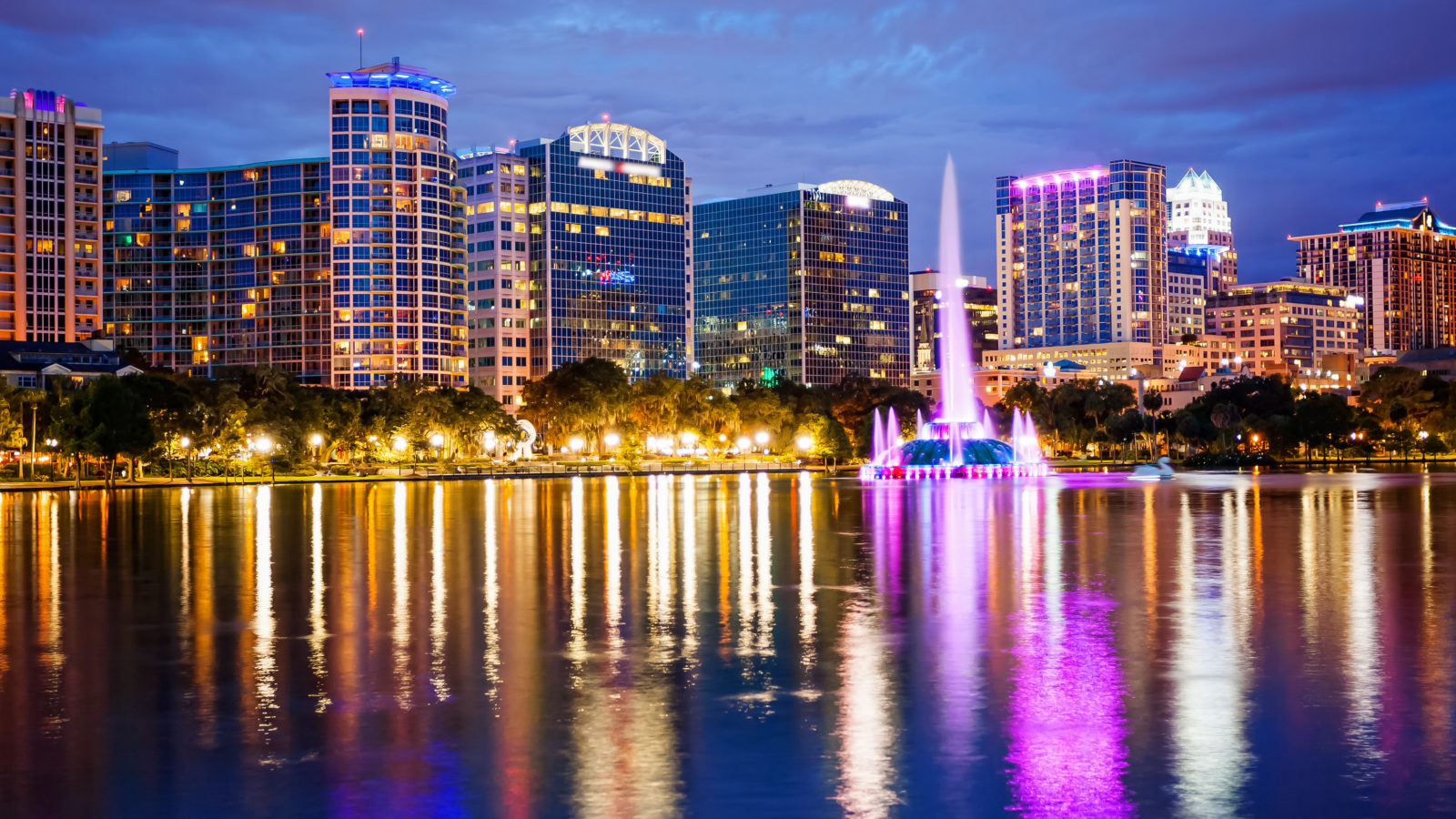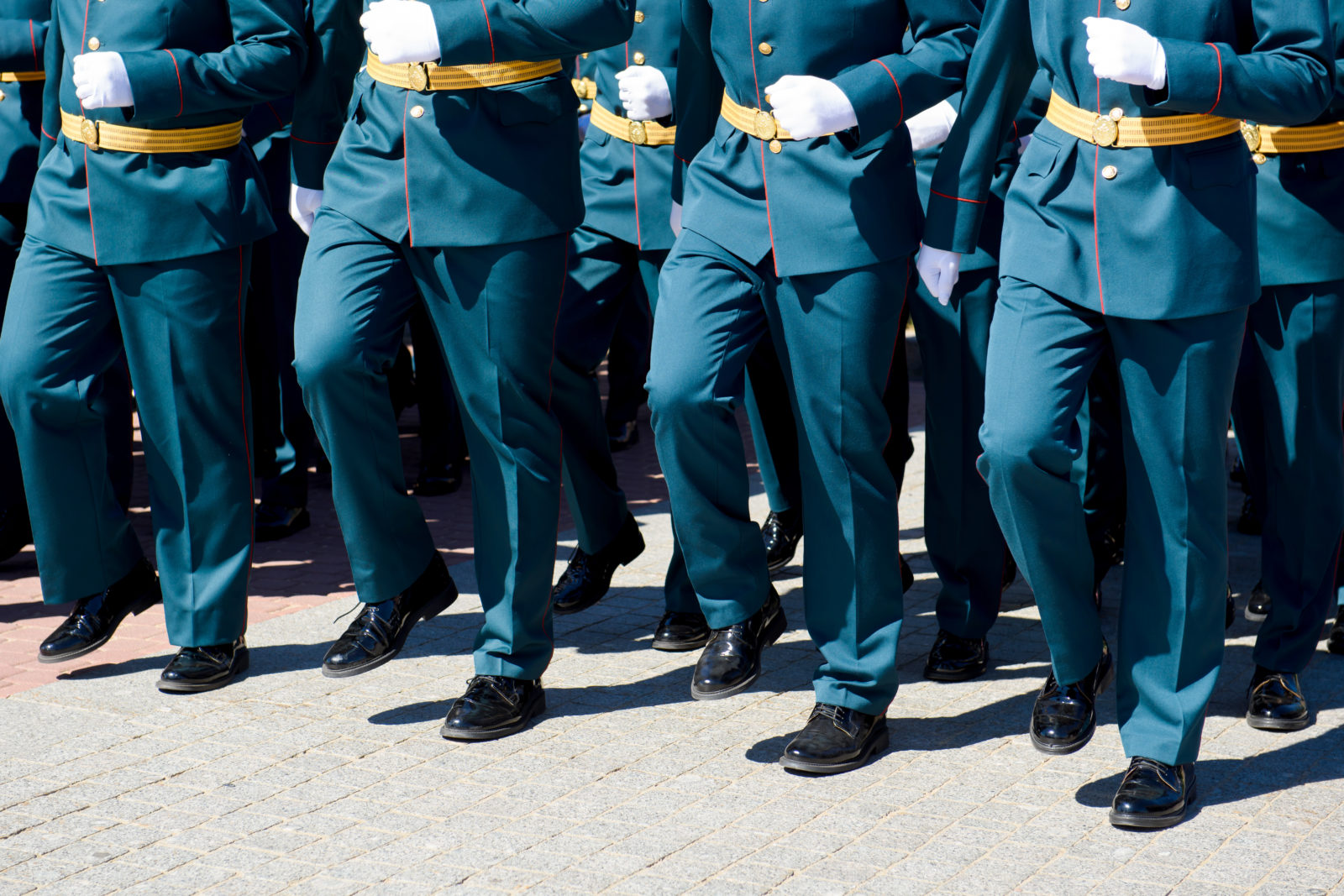


Israel at War

Orlando Massacre Can Be A Turning Point In The War On Terror
Within 24 hours of the nightclub massacre in Orlando committed by Islamist terrorist Omar Mateen, reports came out that the perpetrator had been a person of interest known by the FBI. In 2013 Mateen was interviewed twice by the FBI after he had made inflammatory comments to workplace colleagues asserting his ties to ISIS. In 2014 he was questioned again Read More ›
What We Still Haven’t Learned Since 9/11
Sen. Slade Gorton, 9/11 Commissioner & Former WA Senator Read More ›
Dial ’08 for terrorism
The assassination of former Pakistani Prime Minister Benazir Bhutto has brought foreign policy and security issues to the forefront, as America prepares to elect a president. Homeland security is part of the seamless web that links actions abroad to consequences at home. Above all, fears that a nuclear device will be detonated on American soil have been aroused anew by Read More ›
American terrorist

Invasive and Ineffective
Proponents of the latest Senate effort to change the nation’s immigration laws emphasize border security. Indeed, the very title of the bill, the “Secure Borders Economic Opportunity and Immigration Reform Act of 2007,” says so. This reflects public opinion. Surveys over the past two years consistently show that over two-thirds of our citizens believe border security should be the first Read More ›

Putin’s License To Kill
This week Mayor Yuri Luzhkov is hosting Saudi prince Salman bin Abdul Aziz al Saud in Moscow. On Wednesday President Putin personally met with the prince and chose this particular meeting to announce to the world Russia’s response to the jihadists who murdered five Russian diplomatic workers last week in Iraq: “find and destroy”. Not many people in the world Read More ›

Europe’s Two Culture Wars
How to Define Success in the War on Terror
“What is success?”
So asked a senior federal law-enforcement official at a recent meeting I attended in Washington, D.C. The context was the war on terrorism.
This was not a rhetorical question. The official was mulling over how to measure success in the counter-terror war. He seemed uncertain and appeared to be seeking an answer for himself.
What he did know, however, was that whatever success may be in such a war, domestic law enforcement by itself, in any case was not enough.
One significant difficulty is that the culture of law enforcement does not lend itself neatly to dealing with strategic-intelligence issues. Long having been rewarded for “cracking” individual cases and presenting glossy press conferences, law enforcement has been confounded by a murky environment in which to “catch them in the act” is not only extraordinarily difficult, but can also represent a fatally late failure.
To deter terrorists from launching attacks is better than catching them in the act, but as the official asked, “How do we know whether what we do has a deterrence effect?” In other words, how do we know if our homeland-security measures actually deterred attacks for there have been none since 9/11 or have the terrorists merely been waiting and preparing for the “right moment” to strike again?
In the absence of hard, measurable data, the official considered the effects of our protective efforts to be marginal at best psychologically reassuring to the public at large, perhaps, but not particularly central to the core issue of combating terrorists.
So preemption has been offered as the more-effective solution. Since passive, defensive measures alone cannot possibly protect against every single terrorist attack, taking the fight to the terrorists before they can carry out their plans has become more attractive and acceptable.
Read More ›